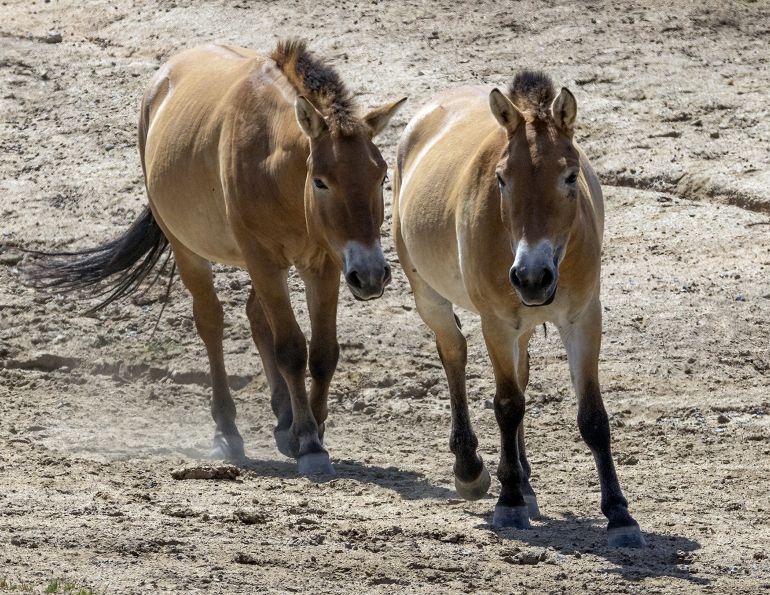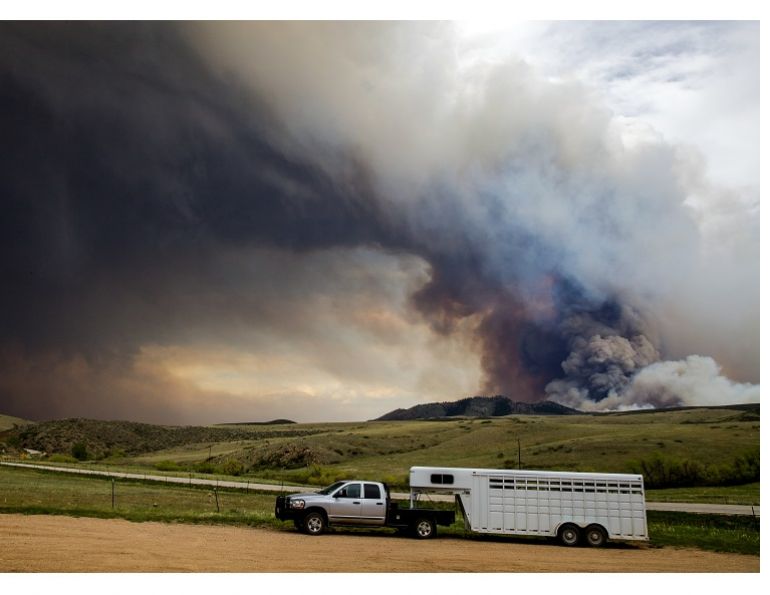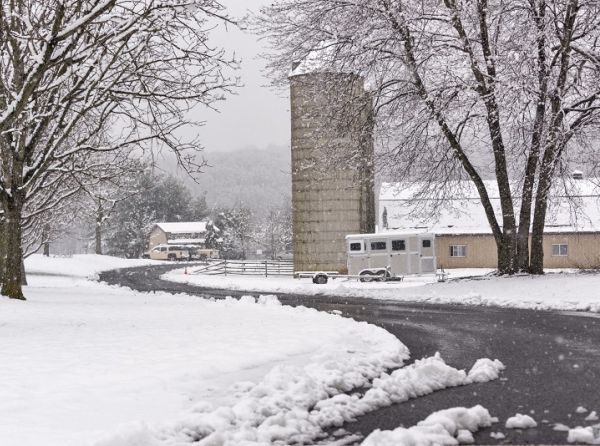By Kathy Smith
The Environment and Climate Change Canada website lists the top ten weather stories of 2021. Topping the list is the extreme heat (Record Heat Under the Dome) that hit the province of British Columbia in June and is described as the deadliest weather event in Canadian history. Second on the list is BC’s Flood of Floods in November. These two climate events were also ranked among the world’s most devastating in 2021.
The impacts of climate change have arrived “sooner than expected, and they are devastating,” said Prime Minister Justin Trudeau on November 24, 2021 of the extreme weather seen in BC and in other parts of Canada that year.
The wildfire season in BC was the third worst on record for the amount of area burned at close to 8,700 square kilometres scorched by more than 1,600 fires. Drought conditions and punishing heat waves were contributing factors.
The Village of Lytton in Southern BC recorded Canada’s highest-ever temperature of 49.6 degrees C on June 29. The next day a fast-moving wildfire destroyed 90 percent of the village and caused two civilian fatalities. Experts warn that the extreme heat in the days prior to the wildfire may not be an isolated event.

At the time of the fire in June 2021, the Village of Lytton had a population of about 250 with another 1,500 to 2,000 First Nations residents living nearby on reserves affected as well. The fire killed two people, destroyed 90 percent of the village, and forced the evacuation of nearby First Nations communities. Photo: Canstock/edb3
In mid-November, a series of floods caused by an “atmospheric river” brought torrential rain to parts of BC and neighbouring Washington State, USA. The 250-plus mm of rain resulted in widespread flooding, washed-out roads, and mudslides that left thousands of people stranded or cut off from essential services. All major highways in southern BC were closed due to mudslides and collapsed or damaged bridges, and both CN Rail and CP Rail had service disruptions caused by mudslides and washouts. Hundreds of people trapped by mudslides were airlifted from highways. All 7,000 residents of Merritt, still reeling from the summer wildfire season, were evacuated when flood waters inundated bridges and overwhelmed the city’s wastewater treatment plant.

Flooding in the City of Merritt, BC in November 2021. Photo: Wikipedia/Stepan
Thousands of people were forced to abandon their homes and livestock including horses. Hundreds of farms in the Abbotsford-Chilliwack area suffered devastating damage. Farmers and volunteers worked to evacuate as many of the animals as possible, but many had to be euthanized. It was the second time in six months that BC had been impacted by disasters that experts say are impacts of a changing climate. All in all, it was the costliest natural disaster in BC history.
The impacts of climate change are undeniable as warmer temperatures are changing weather patterns and disrupting nature’s usual balance. Horse and property owners should take steps now and plan a course of action to reduce property damage and protect the health and safety of the animals in their care.
Related: How Climate Change is Affecting Our Horse Industry
Main Photo: Devastating flooding of homes and farms after the storm in Abbotsford, BC on November 17, 2021. Credit: Shutterstock/EB Adventure Photography




























